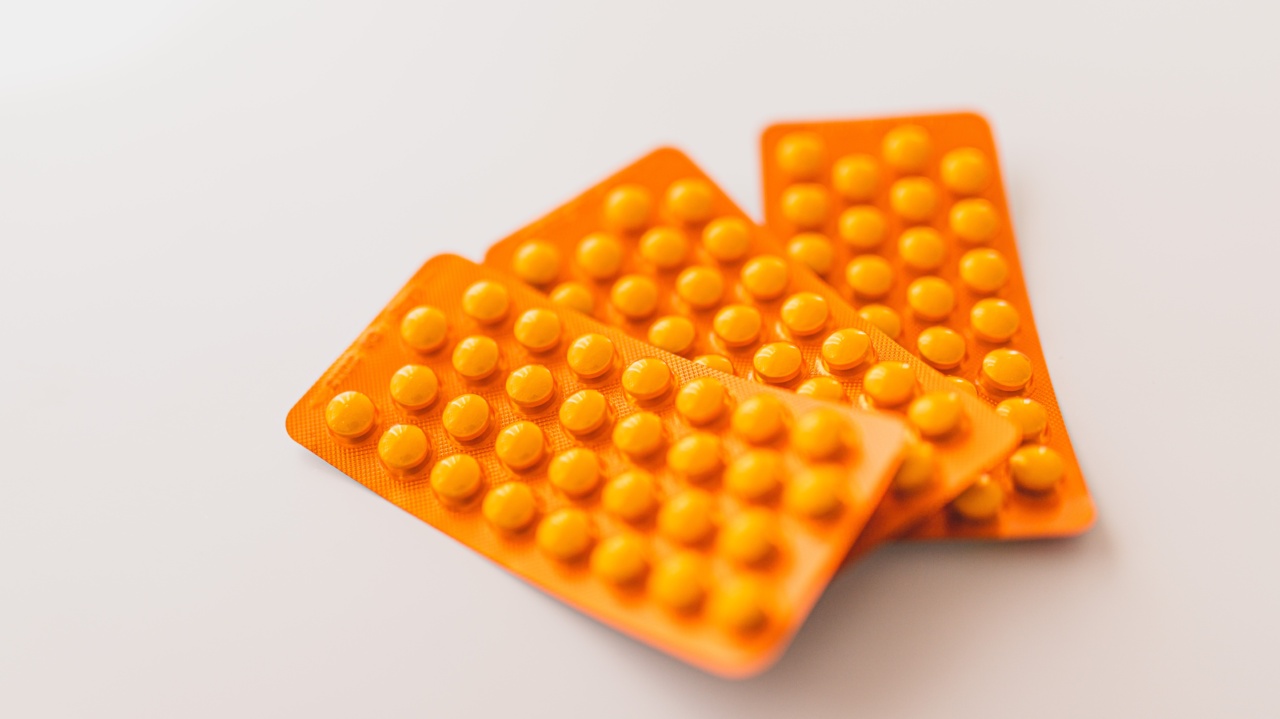Migraines are intense headaches that can cause debilitating pain, nausea, and sensitivity to light and sound. They can significantly impact a person’s quality of life and make day-to-day activities challenging and uncomfortable.
While medication can provide relief for migraines, there are also effective techniques that can help alleviate symptoms without relying on medication. This article explores ten such techniques that can be incorporated into a migraine management plan.
1. Relaxation Techniques
Relaxation techniques, such as deep breathing exercises, progressive muscle relaxation, and guided imagery, can help reduce stress and promote relief from migraines.
By incorporating these techniques into your daily routine, you can lower the frequency and intensity of your migraine attacks.
2. Sleep Hygiene
Proper sleep hygiene, including maintaining a consistent sleep schedule, creating a comfortable sleep environment, and avoiding excessive caffeine and electronic device usage before bedtime, can help prevent migraines triggered by sleep disturbances.
3. Regular Exercise
Engaging in regular physical exercise, such as walking, swimming, or yoga, can help reduce the frequency and severity of migraines. Exercise promotes the release of endorphins, which are natural painkillers, and helps manage stress levels.
4. Stress Management
Stress is a common trigger for migraines. Practicing stress management techniques like meditation, mindfulness, and journaling can help lower stress levels and prevent migraines from occurring or becoming severe.
5. Adequate Hydration
Dehydration can be a trigger for migraines in some individuals. It is important to drink enough water throughout the day to stay hydrated and prevent migraines caused by dehydration. Aim to drink at least eight glasses of water daily.
6. Avoiding Trigger Foods
Certain foods like aged cheeses, processed meats, chocolate, and alcoholic beverages can trigger migraines in susceptible individuals. Identifying and avoiding these trigger foods can help prevent migraine attacks.
Keeping a food diary can be helpful in determining which foods may be triggering your migraines.
7. Cold or Hot Compresses
Applying cold or hot compresses to the head and neck can provide relief from migraine pain. Cold compresses numb the area and reduce inflammation, while hot compresses relax tense muscles and improve blood flow.
Experiment with both to see which works best for you.
8. Acupuncture
Acupuncture, a traditional Chinese medicine technique, involves the insertion of thin needles into specific points on the body.
It has shown promising results in providing relief from migraines, with some studies suggesting that it may be as effective as medication.
9. Massage Therapy
Massage therapy can help reduce stress and promote relaxation, making it an effective technique for managing migraines. Massaging specific areas, such as the temples, neck, and shoulders, can alleviate tension and relieve migraine symptoms.
10. Biofeedback
Biofeedback is a technique that helps individuals gain control over their body’s response to stress and pain. It uses sensors to monitor physiological functions, such as heart rate and muscle tension, and provides real-time feedback.
Learning to control these functions can help prevent migraines and reduce their intensity.































